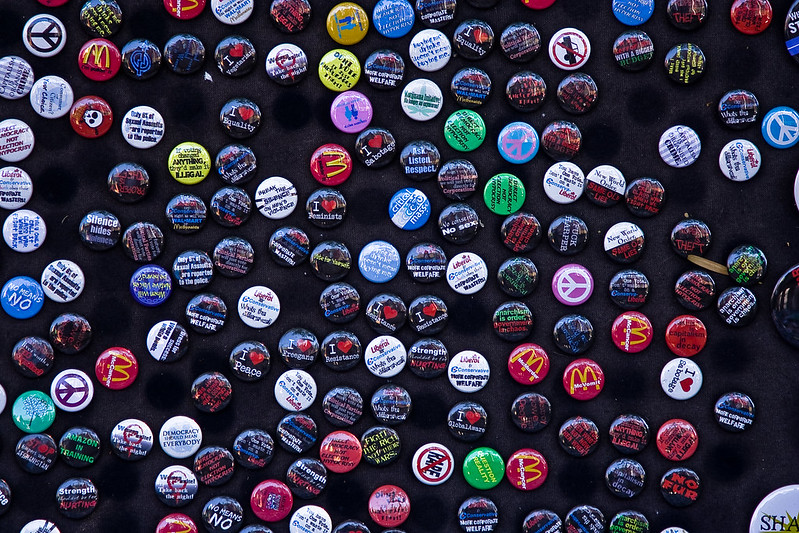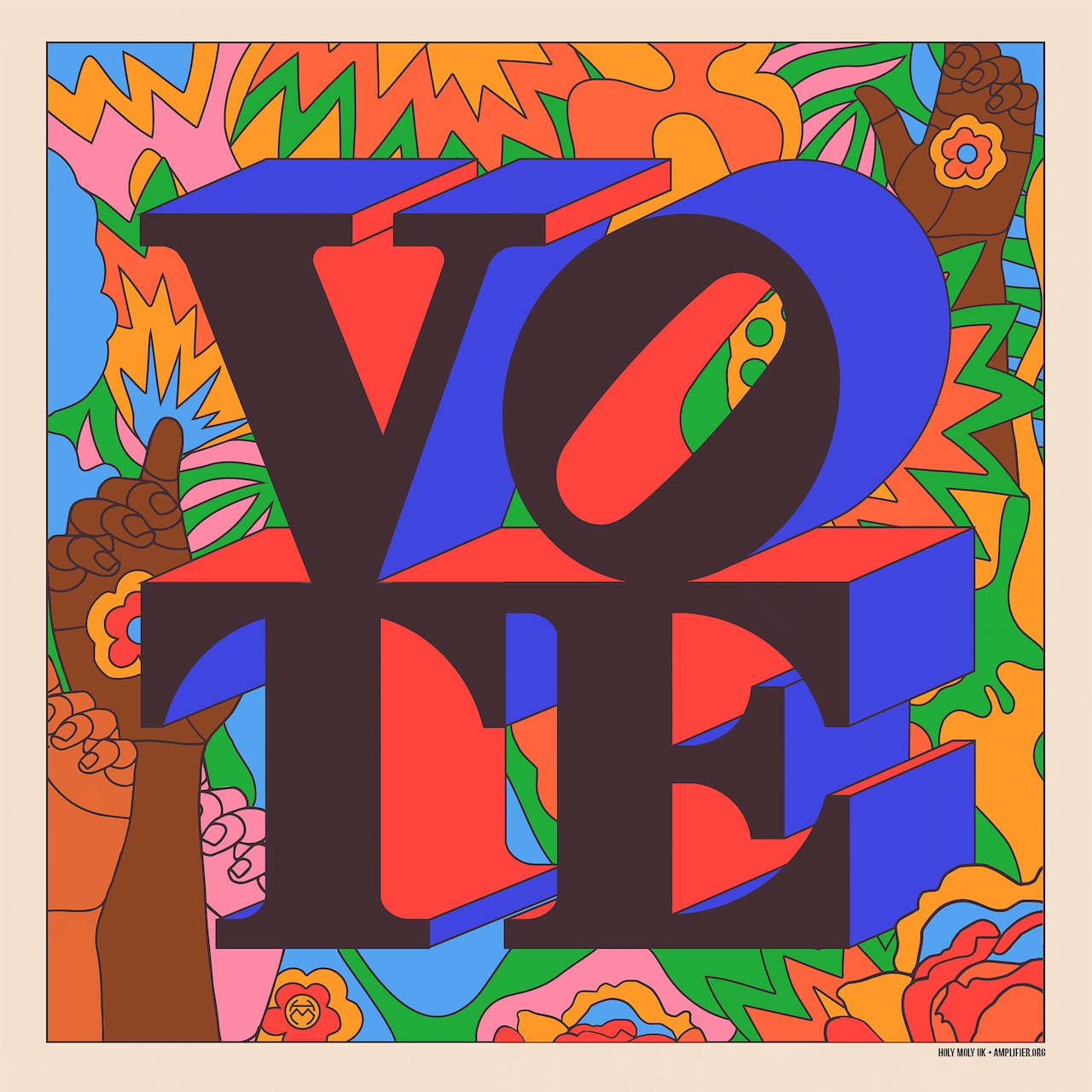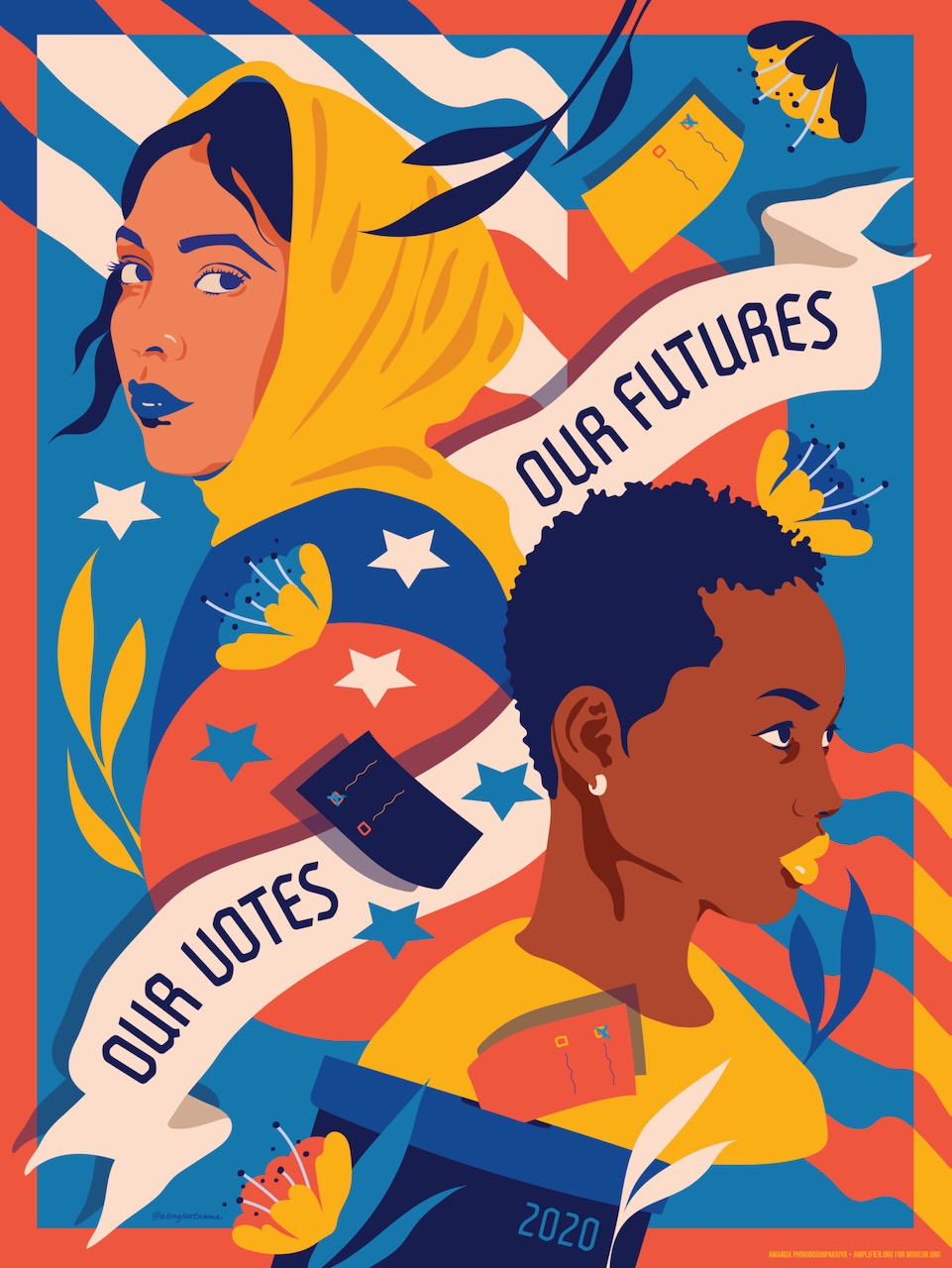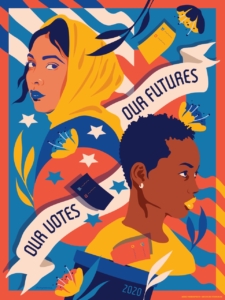Contingency Plans
By Sara Marchant
My husband recently retired. His anxiety had increased over the last four years (whose hasn’t, right?) and a few months ago he was having a bad day at work, when he abruptly stood up, announced, “I retire,” and walked out the door.
It’s been an adjustment.
At first, he didn’t know what to do with his day. As I was unemployed by the pandemic, not even teaching from home, I was available for him to ask for direction or inspiration. I was available all day, every day. He questioned me like a kindergartener on a long road trip; the situation soon was fraught. This changed when I received a phone call from friends down South making contingency plans for the post-election end times. They were worried; they were scared; they didn’t know where to plan on going if they should have to flee. They know my husband has survivalist tendencies.
We live in a southern red zone of the blue state of California, but we own our acreage, have an artesian well and electrified fencing, and are prone to paranoia. We keep our house well provisioned in case of emergency. It’s known that we like to plan ahead. My friends had called to ask our advice.
Now my husband no longer asks me for direction in the morning. Instead, he gets up every day and prepares to take in refugees from red states. I won’t go into too much detail here. We are all safer that way.
My fingers are crossed for a peaceful, smooth, safe transition of power—power once more in sane heads and hands—and my husband claims he wants and prays (he’s the believer in the family) for that too, but just in case. … Then he goes back to fortifying the property. He wants to be a good host, you see.
• • •
When I was a little girl and we’d go to look at open houses for weekend fun, my mother always told us, “Find the hiding space!” She didn’t say this in front of the realtor or the homeowner; she taught us it was a private game. The hiding space would only safe if we were the only one’s who knew it existed. “Every house should have a space to hide when they come for you,” my mother said. When, not if.
Other games we learned were equally different from our friends’ family pastimes. Our mother taught us to seek out all exits when you enter a building, keep your back to the wall when eating in public, always carry something sharp in your pocket and “aim for the cojones.” Other children played lava floor and we did too, but we also played count your steps with your eyes closed, in case we ever had to escape in the dark.
My siblings and I are surprisingly well-adjusted, considering.
• • •
Shortly after November 9, 2016, my mother made me drive her to the post office to renew our passports. My husband refused. He’s Native American. He belongs to the land, he said. He’ll never leave.
“That’s nice, but short-sighted,” Mom told him. “We’re Jews. We’ve been through this shit before. Always have an exit strategy.”
When the pandemic caused all borders to close to United States citizens, my mother wept. She was born in 1940, but in Denver’s Little Italy; my mother is not a Holocaust survivor. However, her parents didn’t believe in censorship, so her siblings took her to the movies and no one thought to cover her five-year-old eyes when the newsreels showed the camps being liberated.
Now, when reading about the camps at our southern border, the concentration camps committing crimes against humanity in our name, my mother doesn’t weep. She’s too angry. It’s gone on too long, been allowed to perpetuate, descended into genocide. Now my mother curses the perpetrators. Each morning as she pricks her finger to check her blood sugar levels, my mother damns every member of this administration, every enabler, every supporter—even those of us standing by watching helplessly in horror. “We’ve damned ourselves,” she tells me.
“We’ve no longer the right to weep tears of anything other than shame.”
• • •
Four years ago, I didn’t believe it could happen—and that’s shame on me. I was a history major; I’m married to a Native. This country was founded on violence, conquest, cultural genocide, germ warfare; we’ve been ripping children from their mother’s arms from the time the first boats arrived—and kept arriving full of stolen men, women and children. Why wouldn’t I believe it could happen again—only this time live-streaming? How dare we become complacent?
None of us knows what will happen the first week of November 2020, but I don’t believe any of us are still complacent—that’s been burned away. This household’s ballots have been mailed and counted, the pantry is stocked, the fence is fortified, space has been made for our friends.
My fingers are crossed, my husband is praying, and my mom is practicing blood curses with her back to the wall. My most fervent desire is that soon we’ll all be dancing in the space we’ve created for ourselves, but if not … I’ve got a plan. I hope you do, too.
Sara Marchant received her Masters of Fine Arts from the University of California, Riverside/Palm Desert. She is the author of The Driveway Has Two Sides, published by Fairlight Books. Her memoir, Proof of Loss, was published by Otis Books. She is a founding editor of Writers Resist. Her website is TheSaraMarchant.com.
Photo credit: Mitchell Haindfield via a Creative Commons license.






